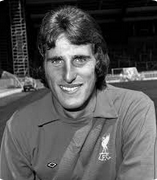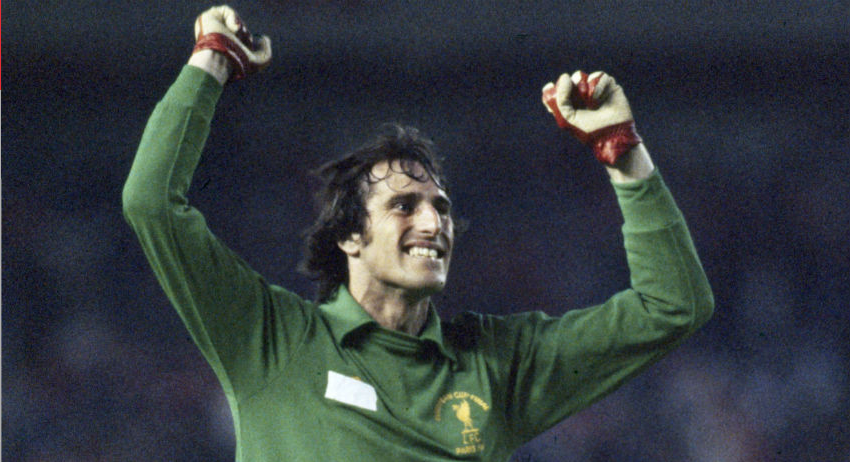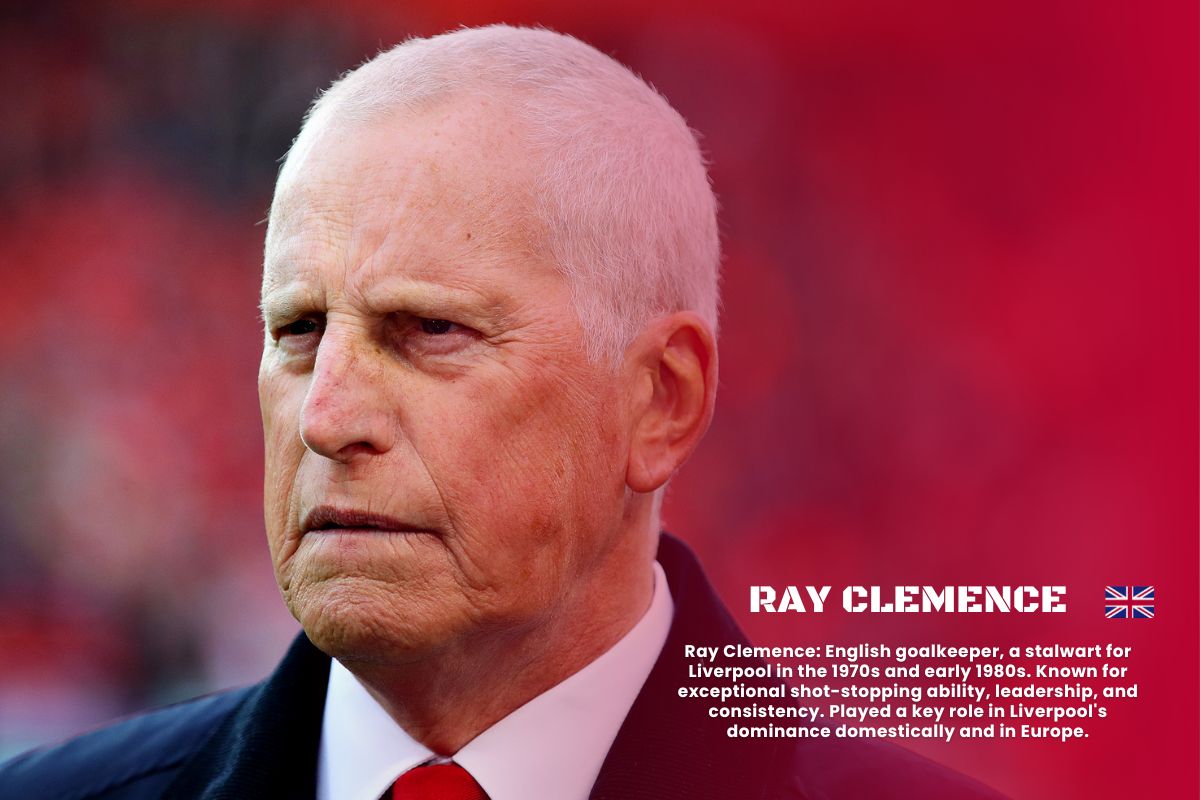
- DOB/Age: 5th Aug 1948; Demise: 15th Nov 2020
- Nationality: British
- Height: 1.83m
- Position: Goalkeeper
- Signed/Debut: 1967; Liverpool FC
In our previous article, we saw the interesting facts about Kevin Keegan, a player revered as one of the finest. Without a waste of time, our focus today is directed to Ray Clemence who epitomized footballing excellence. Under the astute guidance of manager Bill Shankly and later Bob Paisley in the 1970s and early 80s, Clemence left an indelible mark with a string of accomplishments. From clinching three European Cups to securing five League titles, his influence in goal was unparalleled. Join us as we unravel Clemence’s illustrious stint, delving into his stellar displays, defining moments, and eventual move to Tottenham Hotspur.
Career at Liverpool
Raymond Clemence was born on August 5, 1948, in Skegness, Lincolnshire. Before his iconic tenure at Liverpool, Clemence’s football journey began with humble roots. Initially overlooked by Notts County, he caught the eye of Scunthorpe United while playing for his local youth club, Skegness Cosmos. Joining Scunthorpe on his 17th birthday, Clemence swiftly rose through the ranks, making his professional debut in 1966. Despite facing initial challenges and doubts, he soon established himself as the club’s first-choice goalkeeper, earning praise for his exceptional talent and dedication. Clemence’s consistent performances and commendable resilience during his time at Scunthorpe laid the foundation for his illustrious career ahead, ultimately attracting the attention of legendary Liverpool manager Bill Shankly.
Achievements, Moments, and Performances
Ray Clemence’s tenure as England’s goalkeeper was marked by resilience, leadership, and unwavering dedication. It set a benchmark for Liverpool FC! Making his international debut in 1972, Clemence swiftly established himself as a stalwart between the sticks, earning 61 caps over a distinguished 12-year career.
Despite England’s inability to qualify for the World Cups in 1974 and 1978, Clemence remained a steady presence in goal, showcasing his exceptional shot-stopping abilities and commanding presence. His leadership qualities were highlighted when he became the first goalkeeper to captain England since Frank Swift, leading the team in a friendly against Brazil in 1981. However, Ray Clemence’s international journey was not without its challenges. Just like the effects of Liverpool injuries in today’s season, a persistent injury to his left knee ultimately forced his retirement from international football, despite his continued excellence on the field. The emergence of another goalkeeping legend, Peter Shilton, added further competition for the starting spot, leading to alternating selections by the England management.

◉ Ray Clemence: Photo source link
During these challenges, Clemence’s impact on the international stage remained undeniable. His ability to perform under pressure and elevate the team in crucial moments earned him widespread acclaim. Although England’s quest for major tournament success eluded him, Ray Clemence’s contributions were instrumental in shaping the team’s identity during his era. Transitioning to his club career, Clemence’s time at Liverpool FC was adorned with an array of memorable moments and record-breaking achievements. His adept goalkeeping skills played a pivotal role in Liverpool’s dominance domestically and in Europe during the 1970s and early 1980s.
Ray Clemence’s performance in the 1973 UEFA Cup final stands out as a defining moment in his Liverpool career. Saving a crucial penalty against Borussia Mönchengladbach, he helped secure Liverpool’s triumph in the tournament, showcasing his nerves of steel in high-pressure situations. Furthermore, Clemence’s instrumental role in Liverpool’s European Cup triumphs in 1977, 1978, and 1981 solidified his status as one of the club’s all-time greats. His commanding presence in goal, coupled with remarkable reflexes and leadership on the field, played a pivotal role in Liverpool’s continental success.
Throughout his tenure, Ray Clemence set numerous records, including the most clean sheets in the history of football, further cementing his legacy as one of the greatest goalkeepers of all time. His remarkable performances and unwavering commitment to excellence continue to inspire generations of footballers worldwide.
Legacy and Impact
Ray Clemence’s legacy at Liverpool FC is immortalized by a glittering array of honors and an indelible impact on the club’s history. As a key figure during Liverpool’s golden era of the 1970s and early 1980s, Clemence’s leadership, skill, and unwavering commitment to excellence helped define an era of unparalleled success.
His record-breaking achievements, including multiple Football League First Division titles, FA Cups, League Cups, and European triumphs, underscore his instrumental role in Liverpool’s dominance both domestically and on the continental stage. Clemence’s influence extended far beyond the pitch, inspiring generations of players and fans alike with his exemplary professionalism and dedication to the game.
Inducted into the Liverpool FC Hall of Fame, Clemence’s enduring legacy continues to resonate within the club’s culture, serving as a benchmark of excellence for future generations. His contributions to Liverpool’s storied history remain etched in the annals of footballing greatness, ensuring that his impact will be remembered for years to come.
Life after Liverpool and Personal Life
After departing Liverpool in 1981, Ray Clemence joined Tottenham Hotspur, where he continued to showcase his goalkeeping prowess. He played a pivotal role in Spurs’ successes, including winning the 1982 FA Cup and the 1984 UEFA Cup, before retiring due to injury in 1988. Clemence seamlessly transitioned into coaching, initially with Tottenham before venturing into management with Barnet in the mid-1990s.
His coaching journey continued with a significant role as England’s goalkeeping coach under managers Glenn Hoddle, Kevin Keegan, and Sven-Göran Eriksson, among others. Clemence’s contributions extended beyond the field, with his appointment as Head of International Teams for England, overseeing various junior, women’s, and disability teams.
Outside of football, Clemence was recognized for his philanthropic efforts, including raising awareness for prostate cancer after being diagnosed himself in 2005. He was appointed an MBE in 1987 for his services to football. Clemence’s family also had ties to the sport, with his son Stephen pursuing a career as a midfielder and his daughter Sarah being married to former player and manager Dougie Freedman.
Sadly, Ray Clemence passed away on November 15, 2020, at the age of 72, after battling prostate cancer for 15 years. Despite his departure from the pitch, his enduring impact on football and society continues to be felt and celebrated.
Conclusion
Ray Clemence’s tenure at Liverpool FC was nothing short of legendary. As a cornerstone of the team’s golden era, his remarkable achievements, including multiple league titles and European Cup triumphs, solidified his status as one of the club’s greatest goalkeepers. Clemence’s enduring legacy as a paragon of excellence on and off the pitch continues to reverberate within Liverpool’s storied history, ensuring his place as an immortal figure in the hearts of fans and the annals of footballing greatness.
Read all other posts on Ray Clemence
Find the Latest News on Player Ratings | Transfers | Prematch | Postmatch
Stay tuned for more updates on Liverpool FC Times and Stories. Your thoughts are always welcome in the comments section. Thank you for your continued support!
YNWA (You’ll Never Walk Alone)!
The Liverpool FC Times Team
LiverpoolFCTimes.com
